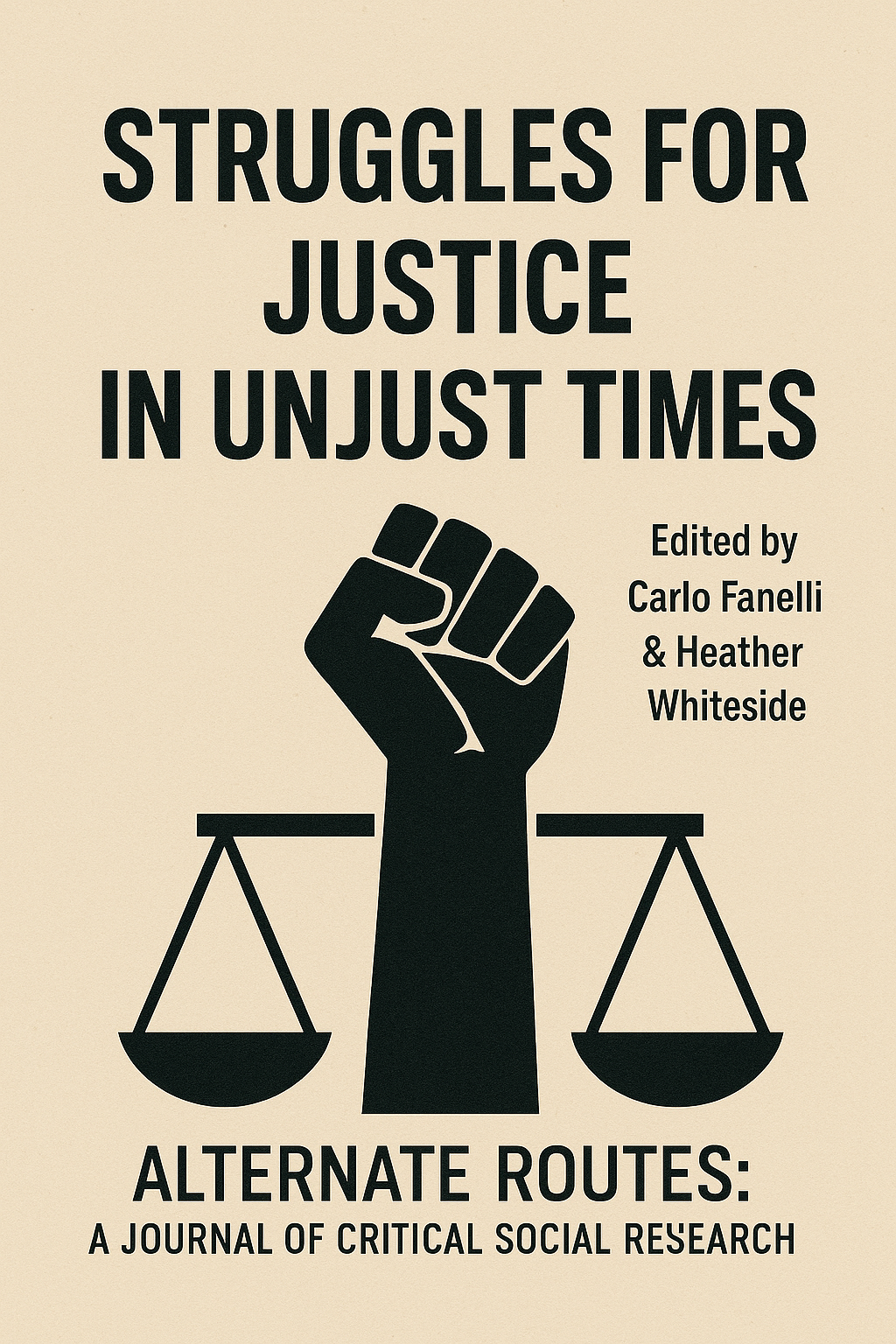The Challenges for International Solidarity and Labour Rights in the Emerging Multipolar World: The Case of the BRICS
Abstract
The classic literature on globalization was dominated by two central questions. The first question had to do with the forces of convergence and divergence in national models of capitalism in the face of a post-Cold War unipolar moment led by the United States and Anglo dominated global finance. The second question centred on the neoliberal nature of that order and the struggle of workers to protect, assert, and expand their labour rights. The challenge to international labour solidarity, abstractly in any case, was easy enough to identify and define: neoliberal globalization. The rise of the BRICS group raises some contemporary issues for the promotion of labour rights and solidarity in the global south. Has, for example, the emerging of this multipolar order complicated the political economy of global capitalism and given rise to new challenges for labour? To answer this question, we set ourselves two central tasks. First, we analyse how the universalist pretensions of embedded liberalism within the post-war multilateral international system were contradictory and ultimately not practicable along several vectors. Second, we examine the formation of BRICS and its relationship to labour via the BRICS Trade Union Forum. We find both the lingering constraints of embedded liberalism and opportunities for elevating the status of labour and labour standards and increased labour solidarity within the multiregional BRICS bloc.
Downloads
Published
How to Cite
Issue
Section
License
Copyright (c) 2025 Alternate Routes: A Journal of Critical Social Research

This work is licensed under a Creative Commons Attribution-NonCommercial-NoDerivatives 4.0 International License.
Articles are published in Alternate Routes: A Journal of Critical Social Research under the Creative Commons "Attribution/Non-Commercial/No Derivative Works" Canada licence.
The copyright for the articles published in this journal is retained by the authors, with first publication rights granted to the journal. By virtue of their appearance in this open access journal, articles may be used, with proper attribution, in educational and other non-commercial, not-for-profit settings. The submission of a manuscript to Alternate Routes will be taken to mean that the author understands and agrees to the following:
- the manuscript represents original work not previously published;
- the manuscript is not being considered elsewhere for publication in the same language (publication elsewhere in an alternate language does not preclude acceptance of submission to Alternate Routes);
- appropriate written copyright permissions have been secured for republication of any copyrighted material contained in the manuscript;
- copyright for this article is retained by the author, with first publication rights granted to Alternate Routes;
- by virtue of its appearance in this open access journal, it is understood that the article is freely available for use, with proper attribution, for educational and other non-commercial purposes;
- reuse of the article for commercial purposes by anyone other than the author requires permission of the author;
- the author agrees to cite Alternate Routes as a source whenever h/she later republishes or reuses the article in other platforms.


